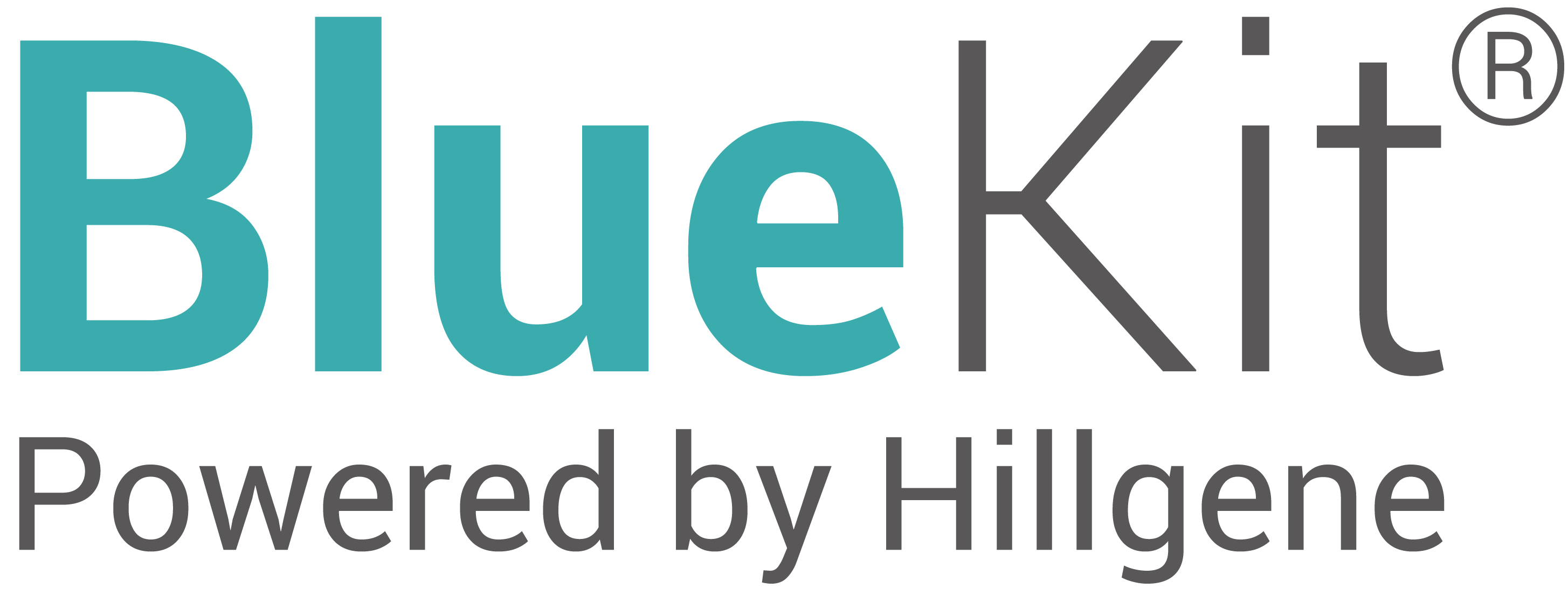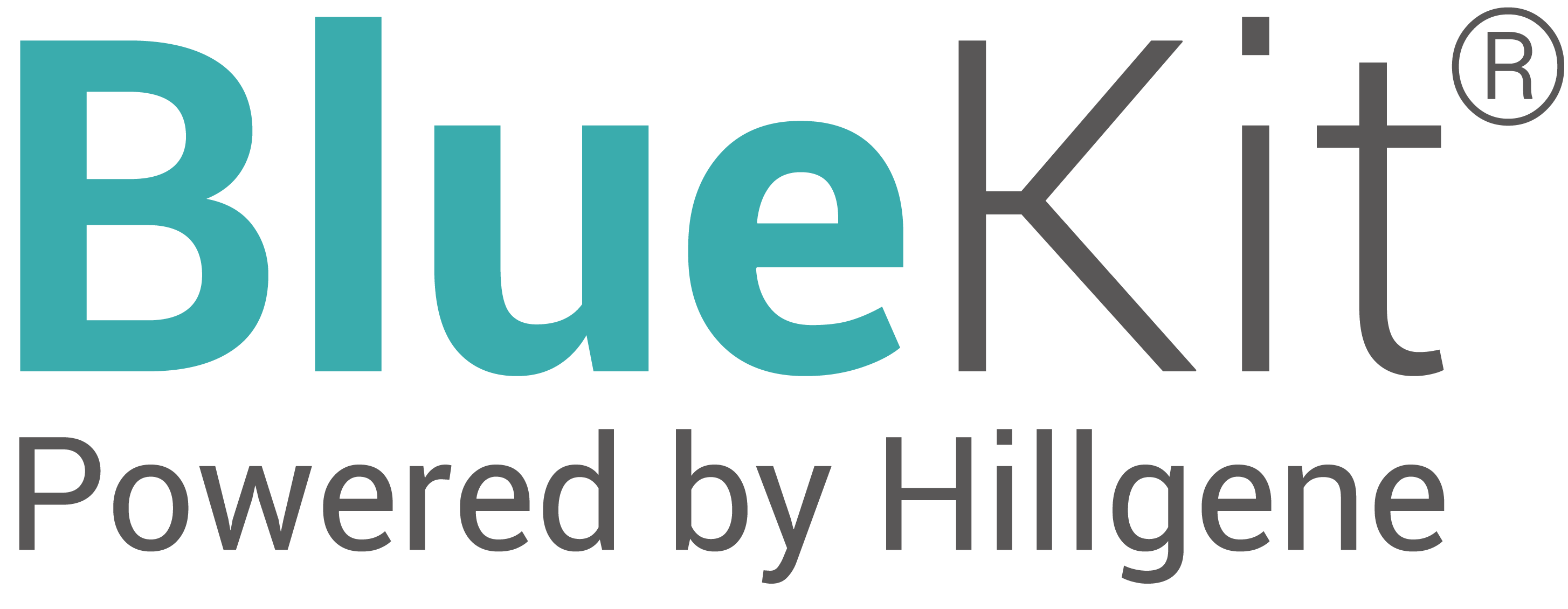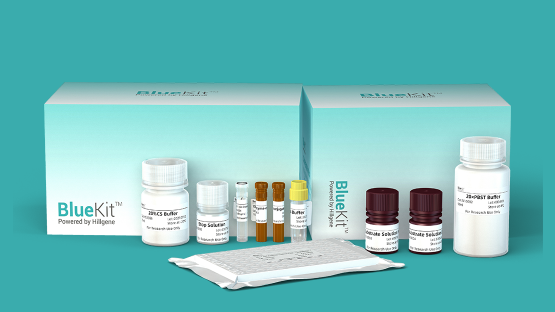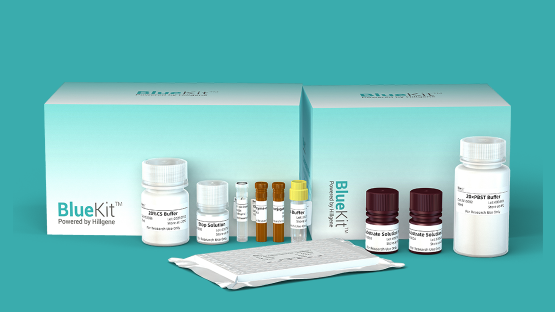Advanced Mycoplasma DNA qPCR Detection Kit - Incorporates Human IL 2 ELISA Kit Insights
Advanced Mycoplasma DNA qPCR Detection Kit - Incorporates Human IL 2 ELISA Kit Insights
$ {{single.sale_price}}
In the evolving landscape of molecular diagnostics, BlueKit emerges as a pioneer, integrating cutting-edge technology with high-throughput testing capabilities. Our latest offering, the Mycoplasma DNA Detection Kit (qPCR)-ZY002, represents a significant leap forward in the realm of pathogen detection, specifically designed to cater to the rigorous demands of clinical and research laboratories. This product, inspired by the precision of human IL 2 ELISA kit techniques, offers an unparalleled tool in the detection of Mycoplasma DNA, ensuring high sensitivity, specificity, and reliability.
The core of our product's exceptional performance lies in its sophisticated design that seamlessly combines the principles of quantitative Polymerase Chain Reaction (qPCR) with insights gained from human IL 2 ELISA kit applications. This fusion not only enhances the kit's utility in identifying Mycoplasma DNA with remarkable accuracy but also facilitates a deeper understanding of the sample's molecular profile. Each kit is meticulously prepared to perform up to 50 reactions, providing ample capacity for high-volume testing environments. Our dedication to supporting the scientific community's need for precise, reliable, and accessible diagnostics has driven us to incorporate advanced features that streamline the testing process. The Mycoplasma DNA Detection Kit (qPCR)-ZY002 is engineered for ease of use, with a straightforward protocol that minimizes the potential for error, while maximizing the reproducibility of results. Whether it's a bustling hospital lab or a dedicated research facility, our kit is designed to deliver consistent performance under a wide range of conditions. By leveraging the insights gained from human IL 2 ELISA kit methodologies, we've crafted a product that not only meets but exceeds the expectations of today's diagnostic professionals, offering a powerful tool in the fight against infectious diseases.
|
Specification
|
50 Reactions.
|
Standard curve
|
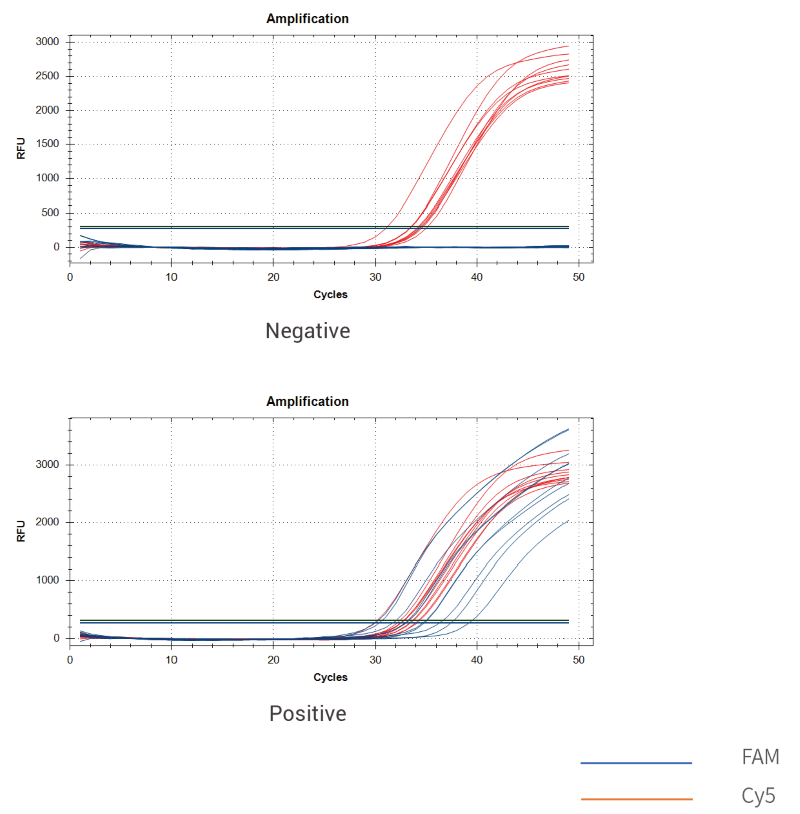
|
Datasheet
|
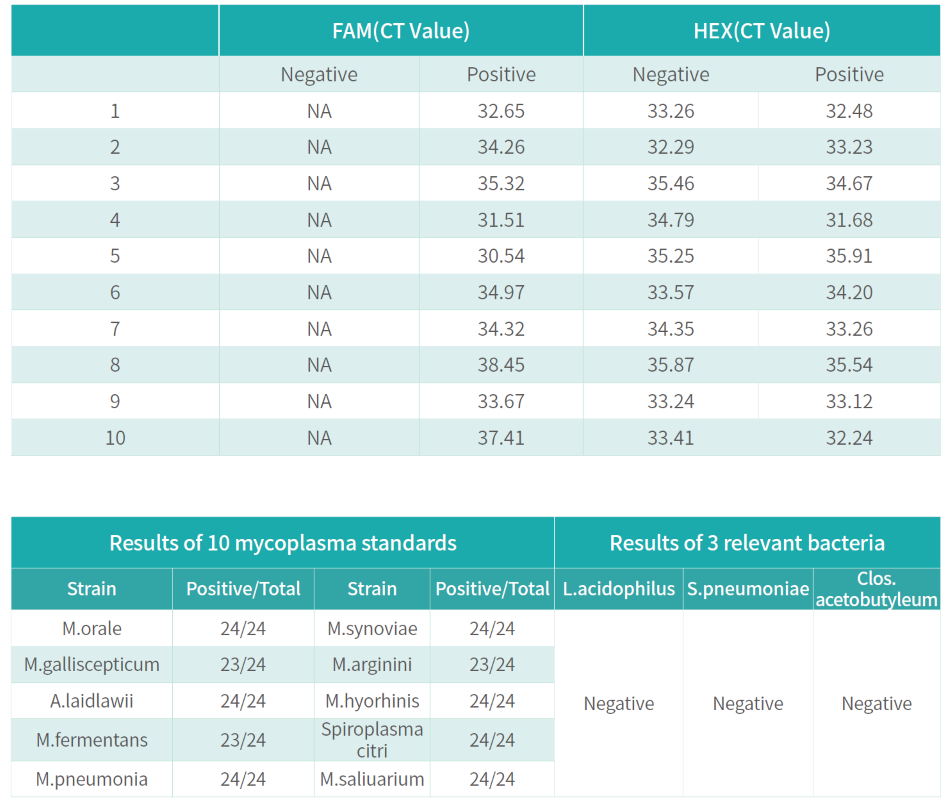
The core of our product's exceptional performance lies in its sophisticated design that seamlessly combines the principles of quantitative Polymerase Chain Reaction (qPCR) with insights gained from human IL 2 ELISA kit applications. This fusion not only enhances the kit's utility in identifying Mycoplasma DNA with remarkable accuracy but also facilitates a deeper understanding of the sample's molecular profile. Each kit is meticulously prepared to perform up to 50 reactions, providing ample capacity for high-volume testing environments. Our dedication to supporting the scientific community's need for precise, reliable, and accessible diagnostics has driven us to incorporate advanced features that streamline the testing process. The Mycoplasma DNA Detection Kit (qPCR)-ZY002 is engineered for ease of use, with a straightforward protocol that minimizes the potential for error, while maximizing the reproducibility of results. Whether it's a bustling hospital lab or a dedicated research facility, our kit is designed to deliver consistent performance under a wide range of conditions. By leveraging the insights gained from human IL 2 ELISA kit methodologies, we've crafted a product that not only meets but exceeds the expectations of today's diagnostic professionals, offering a powerful tool in the fight against infectious diseases.
{{item.c_type}}
{{item.title}}
{{item.c_time_limit}}
{{item.title}}
Number
Overview
Protocols
Specifications
Shipping & Returns
Video Recording
Cat.No. HG-ZY002 $1,508.00
The kit is used to qualitatively detect the presence of mycoplasma contamination in master cell banks, working cell banks, virus seed lots, control cells, and cells for clinical therapy.
The kit uses qPCR-fluorescent probe technology to verify with reference to mycoplasma detectionrelated requirements in EP2.6.7 and JPXVII. It can cover more than 100 mycoplasmas and has no cross reaction with closely related strains. The detection is rapid which can be completed within 2 hours, with strong specificity.

